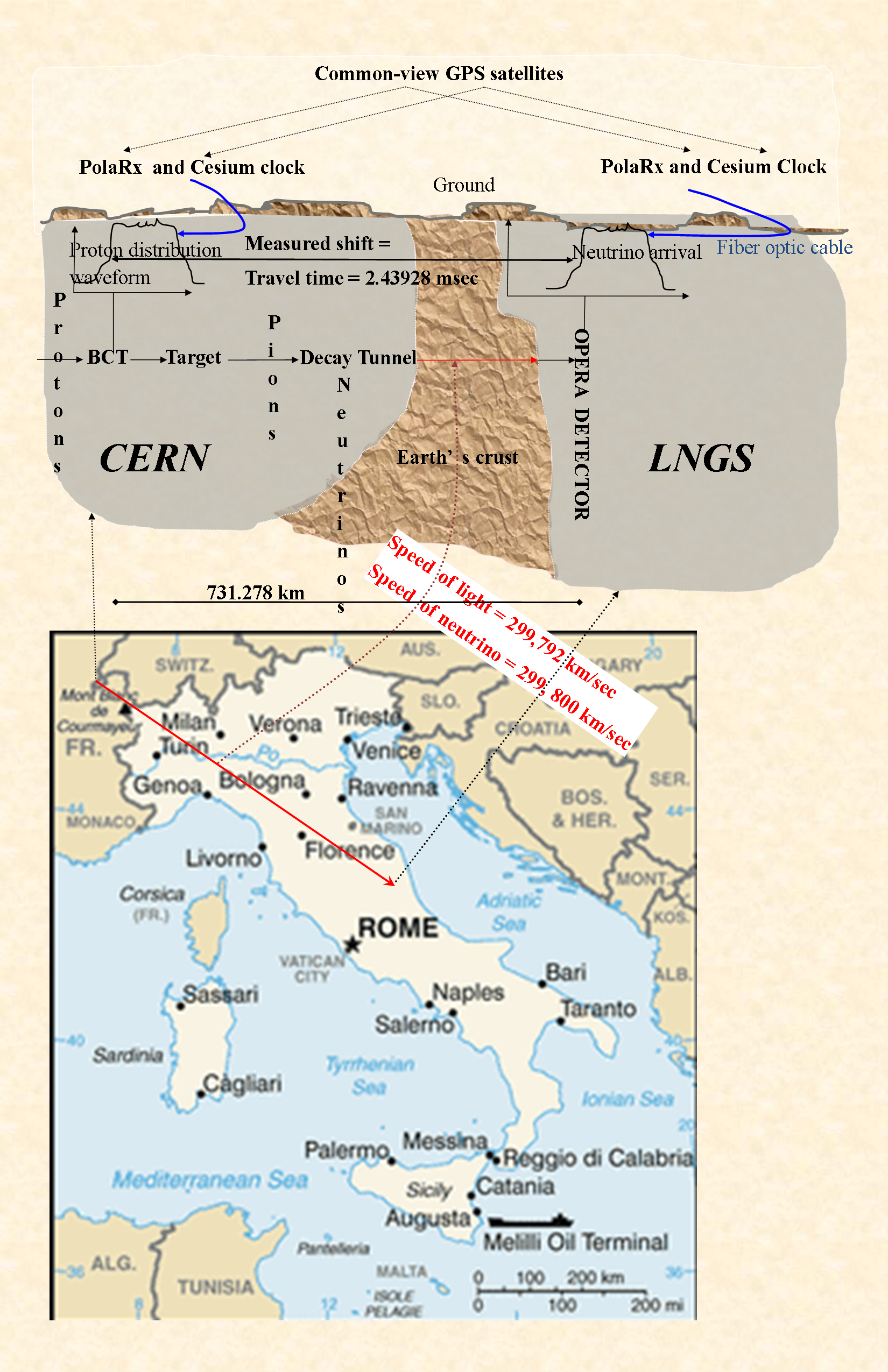At the end of a long and exhausting day, all you want to do is to rush back home and cuddle with a little fluffy furry ball, your cat, and let your cat to take your stress away. But wait, where is your cat? You can find it nowhere and finally you see your cat sleeping at the balcony without noticing you coming. However, do cats really not care their owners?

Credit: Pixabay
Cats have been domesticated for around 9000 years now, but they are very different from dogs on their interaction with humans. Unlike dogs, cats did not change much in their behavior or the physical appearance during the domestication process.
Here is the video explaining other weird behaviors of cats.
A research done by John Bradshaw, a cat behavior expert at the University of Bristol has shown that cats can be stressed a lot when surrounding by other cats. Because cats are solitary animals, they don’t usually get on with other cats. Moreover, the research shows that cats, unlike dogs, treat humans as their own kind. In cats’ perspective, their owners are just big clumsy cats. And the relationship between human and cat is more like a mother-kitten relationship. Cat would raise its tails, purr and rub on its mothers, and mother usually would groom it in return.

Mother cat caring their kittens. Credit: Flickr
Additionally, a study by Miklósi et. al demonstrated that cats actually can understand some human’s gestures, such as pointing when they try to find some food. Another study also shows that cats would turn to their owners when they need help. When facing potential danger, such as fan, cats would observe the reaction of their owners to response to the potential danger correspondingly. For example, if the owner shows fear or anxiety towards the fan, cats will tend to walk away.
So, cats would not try their best to please their owners, because they consider human as their kind, and would treat human equally. Study also shows that there is no difference between the way cats treat cats and the way the treat human.
Another research also has shown that cats are highly sensitive to human’s feelings and they are more likely to approach to people who are more extroverted and optimistic, rather than people who are feeling sad. So, your cats run away from you probably because it knows that you are exhausted and it has no clue about how to comfort a big clumsy cat like you.

A cute hidden cat. Credit: Pixabay
By Minghao Yang


